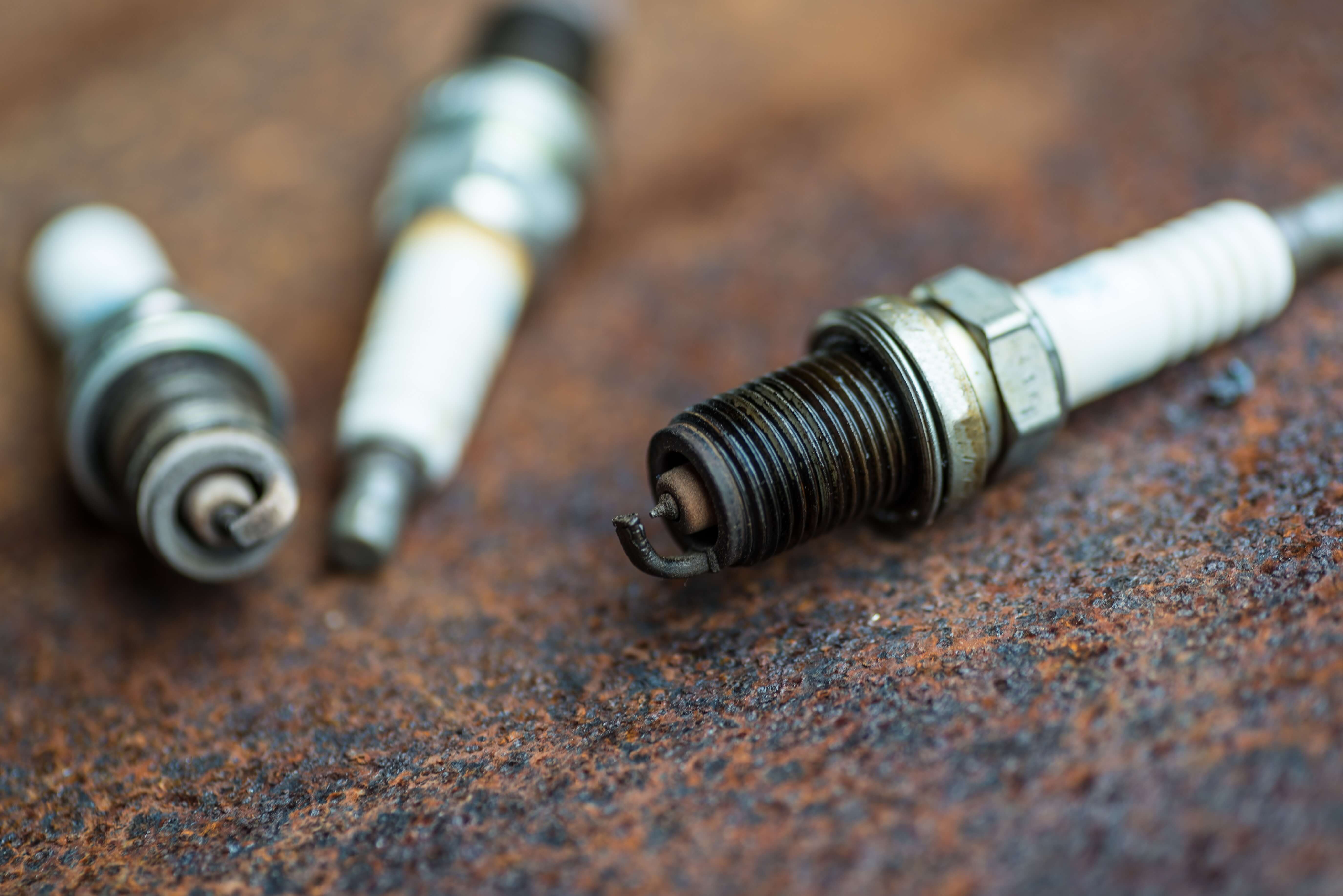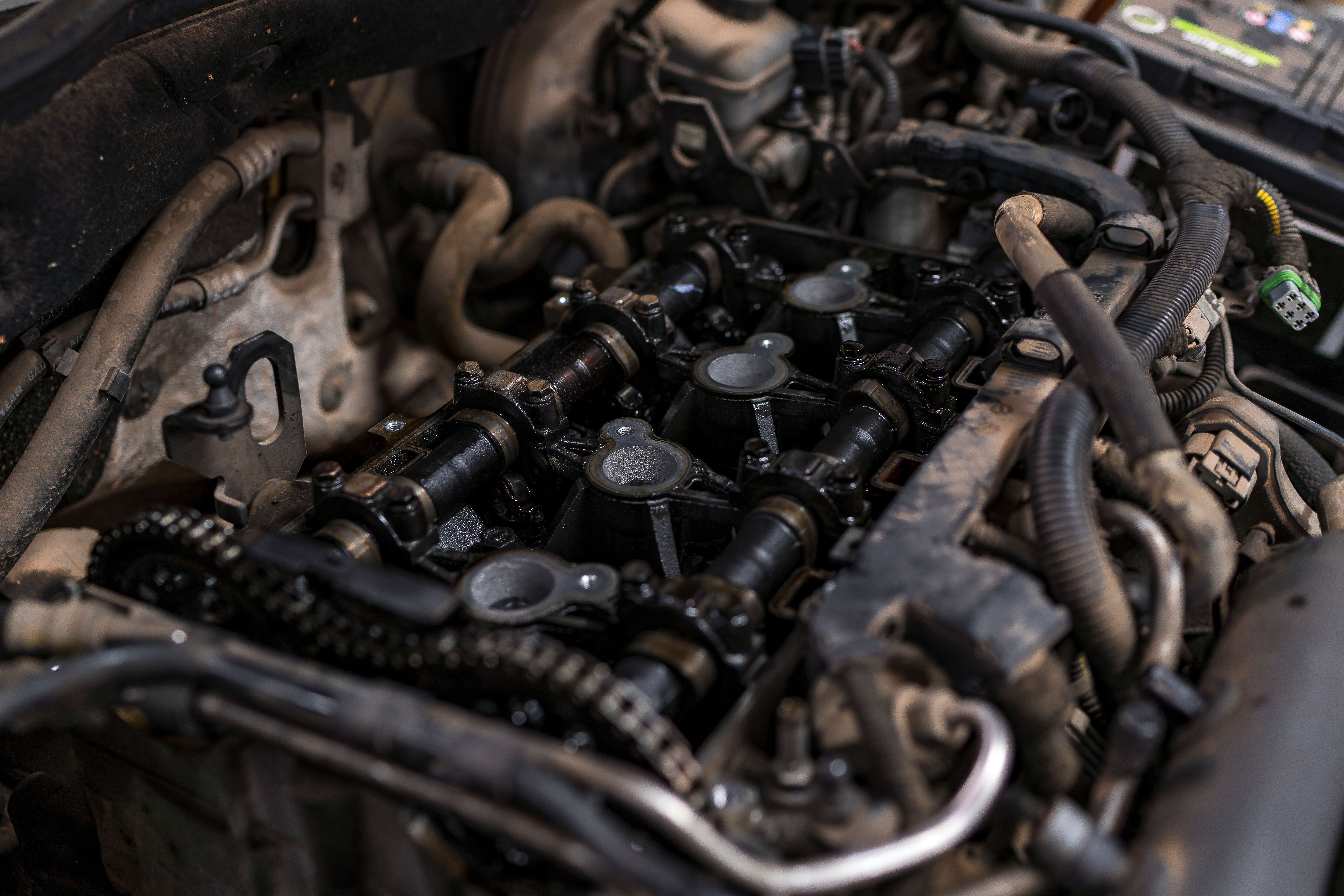Performance Fuels

Are You Using the Wrong Fuel?
- Category:
- Fuel Facts
by Classic Motorsports
Posted on 6/27/2024

Gasoline is a rather complex substance. “You can’t take apart the fuel and see how it works,” explains Zachary J. Santner, senior specialist of quality at Sunoco. Instead, you have to look at the numbers.
For many of us just driving on the streets, choosing a fuel comes down to three qualities: octane, ethanol and cleanliness. (We’re going to concentrate on just the fuel and not the artisan sandwiches available inside the store.)
Octane Matters: Octane doesn’t magically dictate how much power a fuel makes. Instead, Santner explains, octane measures a fuel’s resistance to knock or preignition – meaning more octane allows for engine specs that produce more power, specifically more compression and more boost.
Have a modern, high-performance vehicle? Odds are strong that it was built to take advantage of today’s high-octane fuels. But, as Santner cautions, octane levels were higher back in the ’60s, when the old Sunoco 260 carried an octane rating of 97.5. Today’s street-legal alternative: 260 GT (49 states) and Sunoco SS 100 (California). These 100-octane fuels can be found via specialty dealers–check sunocoracefuels.com for details.
Ethanol Matters: Ethanol is added to today’s gasolines to increase octane, but it has a drawback: potential storage issues. For most people, though, this isn’t an issue. “It’s designed to be purchased and used,” Santner explains.
Classic car owners, though, might run into issues if fuel is allowed to sit. A few solutions, Santner notes: Fuel up with a premium fuel, which is more stable than regular fuel; simply drive the car more; or run a non-ethanol fuel. (While not street-legal, Sunoco’s Optima is designed specifically for storage.)
Cleanliness Matters: How can you get a pump fuel with a detergent package that goes beyond the minimum? Look for one carrying the Top Tier designation–and all Sunoco street fuels are on that list, Santner notes. Its detergent package is recommended by several automakers, including BMW, GM, Ford, Honda, Mercedes-Benz, and Toyota. Whether the engine is old or new, Santner says, a Top Tier fuel will prevent carbon buildup and clean away any that has already formed.




